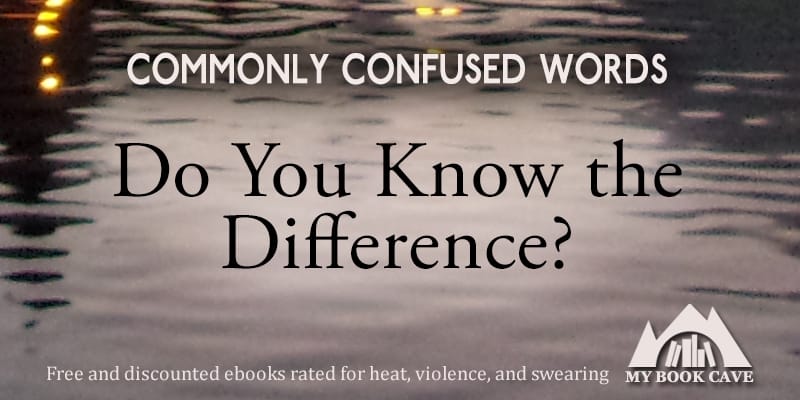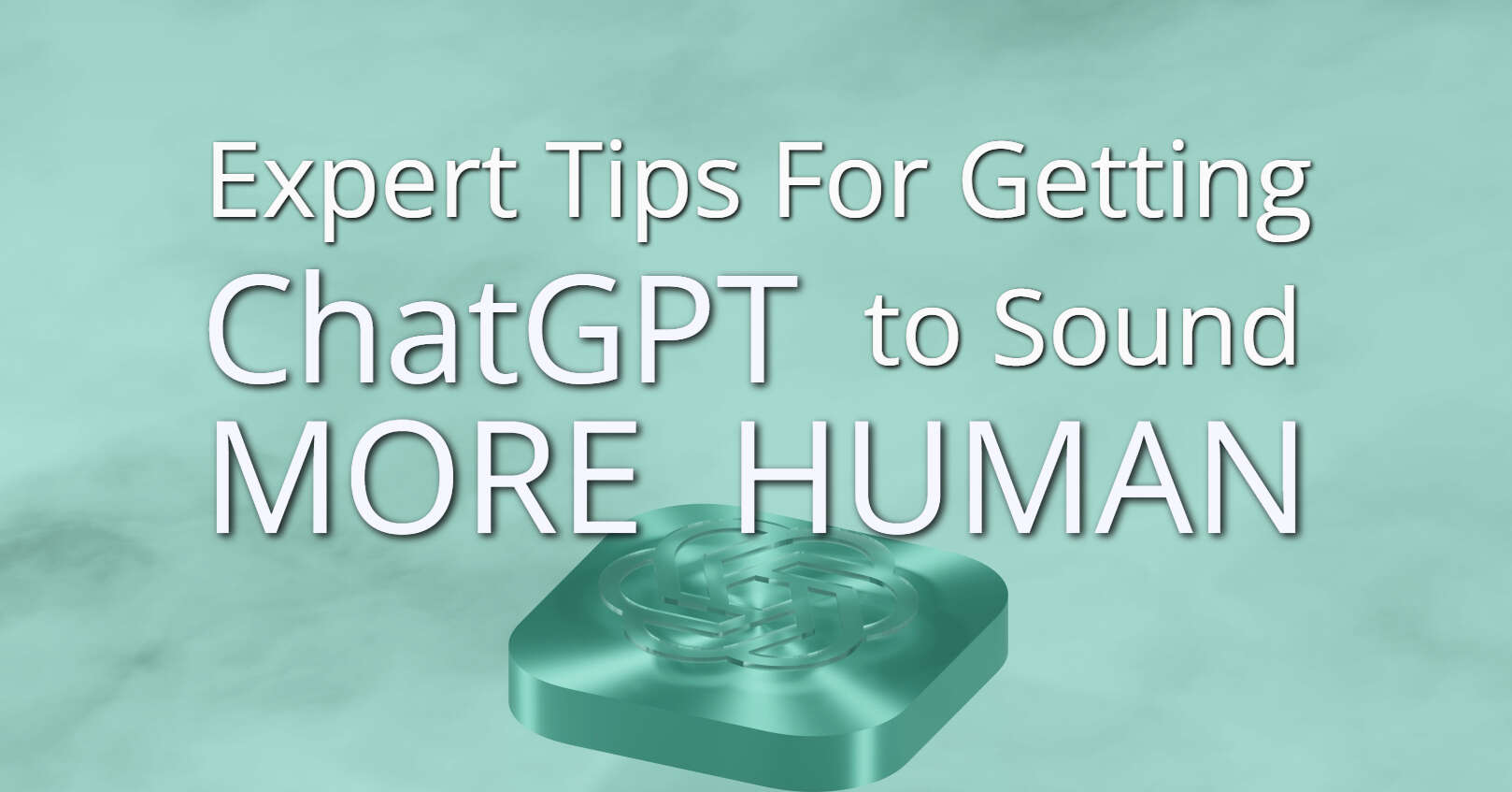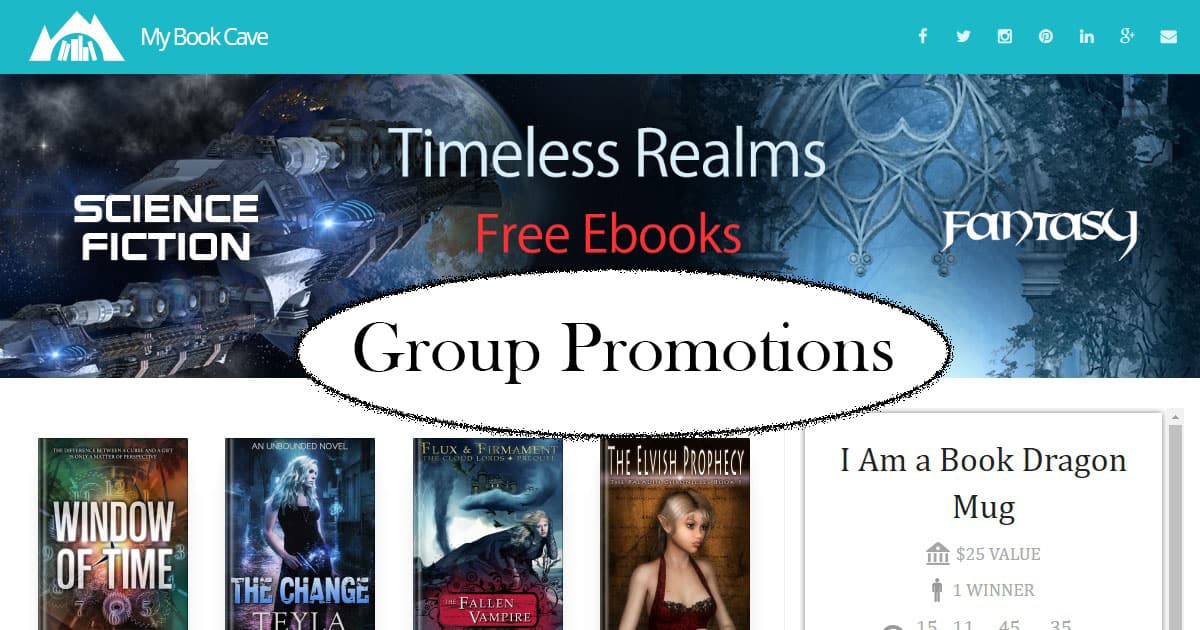
At Book Cave, we often see submissions that confuse or use words incorrectly. We’ve gathered a list here of commonly confused words for a resource. We hope it helps you on your writing journey.
1. then vs than: then is an adverb while than is a conjunction
Incorrect: John is more educated then Paul.
Correct: John is more educated than Paul.
2. tenant vs tenet: a tenant is someone who possesses or dwells in a property; a tenet is a belief or doctrine
Incorrect: Faithful Christians adhere to the tenants of Christ.
Correct: Faithful Christians adhere to the tenets of Christ. The tenants were kicked out of the apartment for nonpayment.
3. site vs sight: a site is the place, location, or scene itself; sight refers to the nature or your impression of what you see (it is ugly or spectacular)—or it can refer to your capacity to see
Incorrect: The Grand Canyon is a sight visited often by tourists.
Correct: The Grand Canyon is a site visited often by tourists. The sun setting behind the canyon was an awesome sight.
4. through vs threw: through is a preposition or an adverb meaning going into, past, or by means (way) of; threw is the past form of a verb meaning tossed
Incorrect: Marcel walked threw the great cathedral.
Correct: Marcel walked through the great cathedral.
5. there vs their vs they’re: there is usually an adverb meaning in or at that place; their is a possessive adjective indicating that more than one person possesses or controls someone or something; they’re is a contraction of they are
Incorrect: There car is an antique. They’re car is an antique. They are going their today.
Correct: Their car is an antique. They are going there today. They’re both sick today.
6. toe the line vs tow the line: toe the line means abide by rules or a standard; tow the line is a misspelling of toe the line, done because tow sounds like toe and toe the line is an unusual idiom; tow means to pull or drag something along behind you
Incorrect: Melinda had to tow the line to keep her job.
Correct: Fred never follows the rules or toes the line. They towed the car to the shop.
7. till vs ’til vs til: these three words are informal short forms of until and are acceptable usages
8. accept vs except: accept means to receive willingly or approve of; except means to leave out or exclude
Incorrect: Her father will never except that suitor.
Correct: Her father will never accept that suitor. We’ll visit all of Europe except Italy.
9. a lot vs allot: a lot (noun) means a great deal; allot (verb) means to assign a share or a portion to
Incorrect: They like that candidate allot. The bank will a lot you eighty thousand for that house.
Correct: They like that candidate a lot. The bank will allot you eighty thousand for that house.
10. bad vs badly: normally bad is an adjective but it can also be used as an adverb; badly is only an adverb
Incorrect: That terrorist is badly. She sings bad.
Correct: That terrorist is bad. He’s not doing so bad (= he’s doing well). He wanted it bad (very much). He sings badly.
Note: some adjectives can be used as adverbs: fast (Usain Bolt runs fast), hard (cops work hard), late (she arrived late).
11. breathe vs breath: breathe is a verb meaning to take in air; breath is a noun referring to the air inhaled and exhaled
Incorrect: The patient couldn’t breath with the mask on. Her breathe smelled bad.
Correct: Her statement was a breath of fresh air. She needs to breathe properly during her exercises.
12. I should have vs I should of: I should have indicates a missed obligation or opportunity in the past; I should of is an incorrect structure expressing I should’ve, a contracted form of I should have
Incorrect: I should of helped him move.
Correct: I should’ve helped him move.
13. sell vs sale: sell is a verb where goods are exchanged for money; sale is a noun referring to the transaction itself.
Incorrect: We need to sale our house. That store is having a sell.
Correct: We need to sell our house. That store is having a sale.
14. stationery vs stationary: stationery is special paper used to write letters; stationary is an adjective meaning not moving.
Incorrect: Her letter came on beautiful stationary. The defenders remained stationery behind their lines.
Correct: We brought some stationery to write letters home. My child never remains stationary for long.
15. too vs to vs two: too is an adverb meaning also or besides; to is a preposition meaning person or place toward which one moves; two is a number referring to more than one item or person
Incorrect: He’s running for office to. I only have too dollars. She loves him two.
Correct: He’s returning to his office. I only have two dollars. She loves him too.
16. desert vs dessert: desert refers to an arid region; dessert refers to a treat served after a meal.
Incorrect: The desert was banana cream pie. This dessert was made up of sand dunes.
Correct: The dessert was banana cream pie. This desert was made up of sand dunes.
For more commonly confused words, check out this succinct PDF list from the College Research Center at Meramec.












Comments